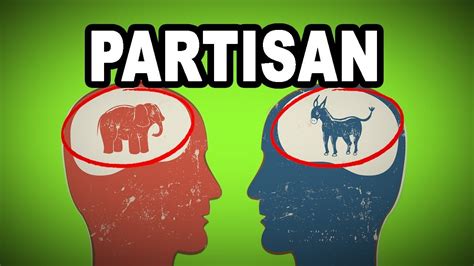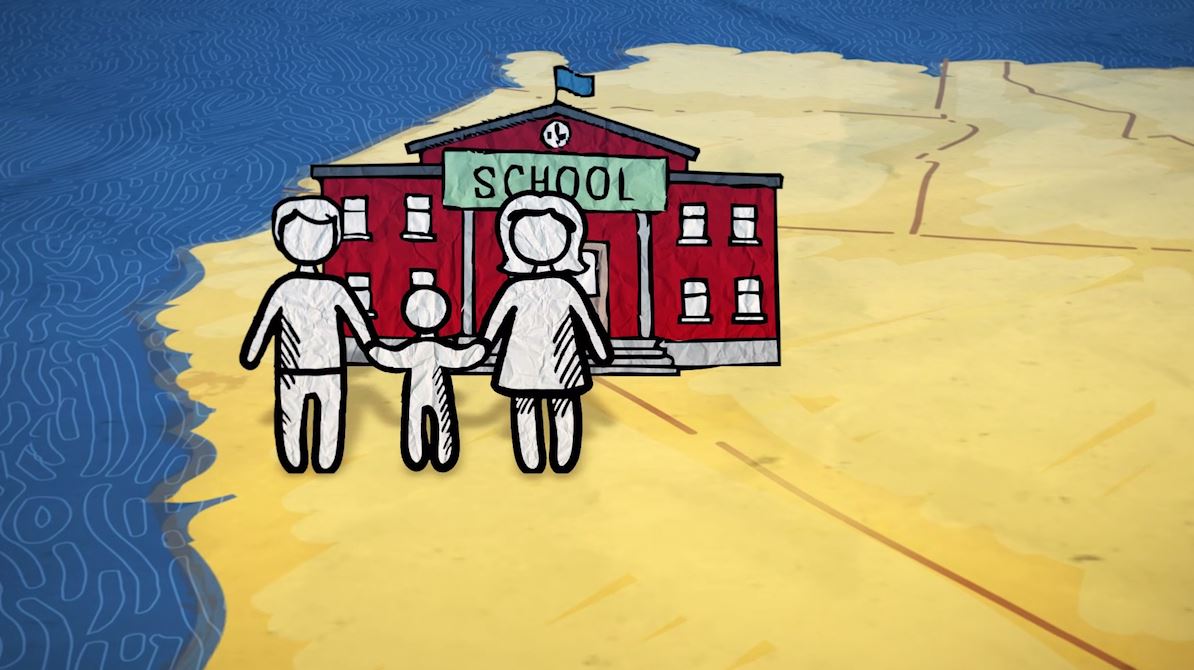On or before November 5, 2024 Floridians will cast votes for Presidential candidates but also for six amendments to the state constitution.
Florida Amendment 1 "Partisan School Board Elections" offers voters the choice between partisan (nominations through primary elections) and non-partisan (current county procedures) school board elections. A supermajority of voters (60%) is required for approval.
From Ballotpedia:
“Amendment 1 would make school board elections partisan beginning in 2026. Candidates would be nominated for the general election through partisan primaries and be featured on the ballot with partisan labels, such as Democrat and Republican. As of 2024, the Florida Constitution requires school board elections to be nonpartisan, meaning that partisan labels do not appear on the ballot next to a candidate's name.”
From James Madison Institute:
"Constitutional Merit: This measure is not a reform that can be addressed by the State Legislature and thus requires a constitutional ballot initiative in order to be implemented."
Why is Amendment 1 on the November Ballot?
Several contentious issues have been playing out in schools across the nation and have been particularly visible in Florida:
- Title IX (Gender) Disputes
- Controversial Curricula and Texts
- Social Justice versus Academic Achievement
- Covid 19 Mandates
The national discourse regarding these subjects has been intense, heated and debated along partisan lines. Should K-12 school board candidates disclose affiliations and campaign on partisan platforms? The Florida voter will decide.
Vote YES?
 If the voter believes that school board elections are already partisan (paragraphs 12 & 13) since teacher unions historically back a specific party, then they should support adding candidate political affiliation. If the issues currently before the school boards are perceived as partisan ideologies (paragraphs 4,5 & 6) then a YEA vote is also supported.
If the voter believes that school board elections are already partisan (paragraphs 12 & 13) since teacher unions historically back a specific party, then they should support adding candidate political affiliation. If the issues currently before the school boards are perceived as partisan ideologies (paragraphs 4,5 & 6) then a YEA vote is also supported.
Vote NO?
 If voters believe that education is not part of the current political discussion (paragraphs 14, 15, 16 & 17) then leaving the status quo in place is the preferred choice. If the issues listed in the bullet points above are not of concern (paragraphs 6, 7, 8 & 9) in the local school classroom then a NAY vote is appropriate.
If voters believe that education is not part of the current political discussion (paragraphs 14, 15, 16 & 17) then leaving the status quo in place is the preferred choice. If the issues listed in the bullet points above are not of concern (paragraphs 6, 7, 8 & 9) in the local school classroom then a NAY vote is appropriate.
COS and the Purpose of School Boards
Convention of States has steadfastly defended “State and Individual Liberties” as strictly defined in The Constitution of the United States. As such, COS believes in the strongest local control by “We the People” possible. School board elections reflect our will with regards to our most precious resource: OUR CHILDREN. COS has also taken action in some particularly contentious counties to poll candidates for the stance on important issues.

Take the time to reflect on the last few years and decide what your children and grandchildren should be taught and exposed to in the school classroom. The future depends on you.






